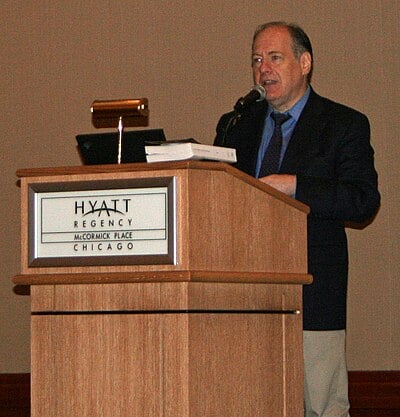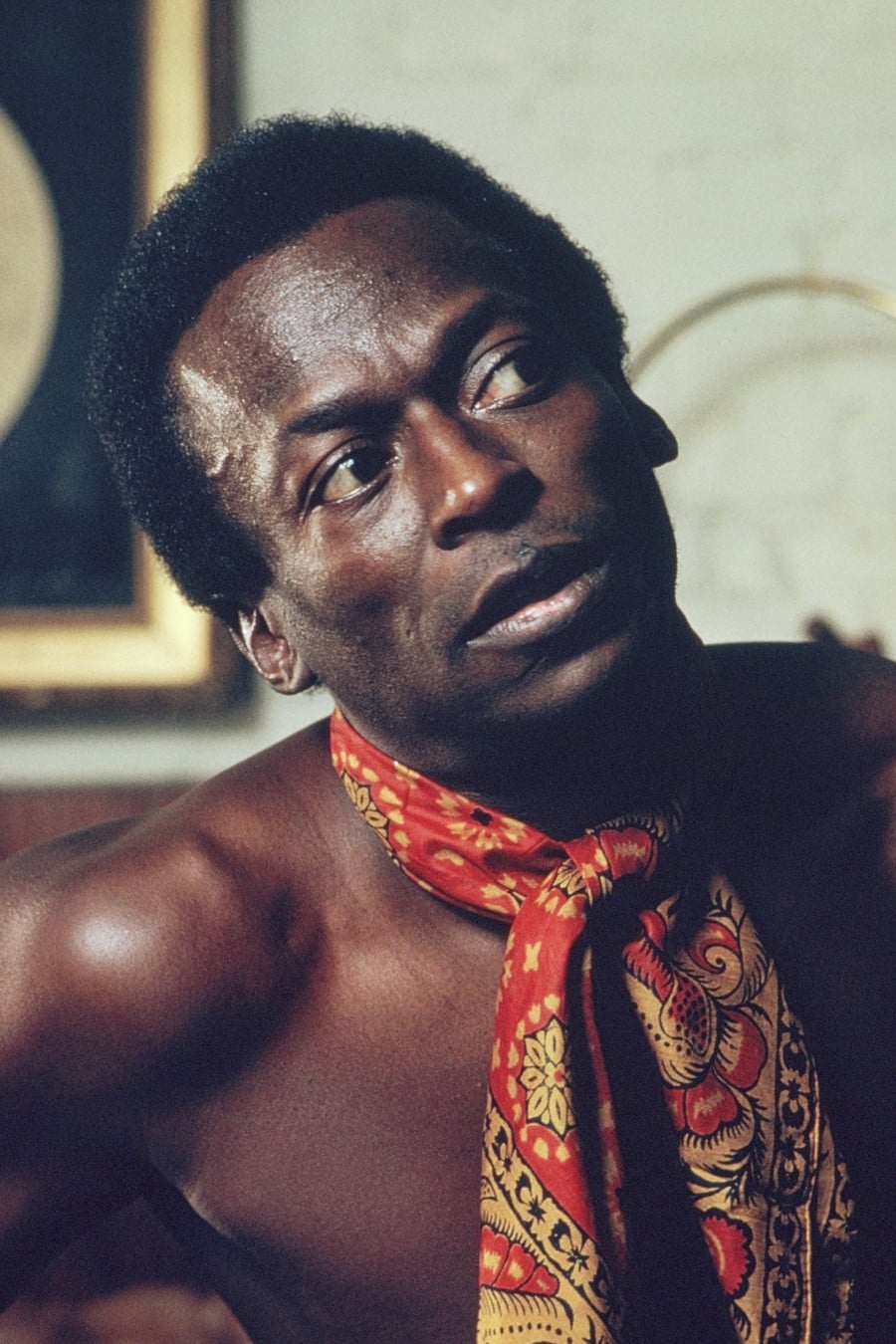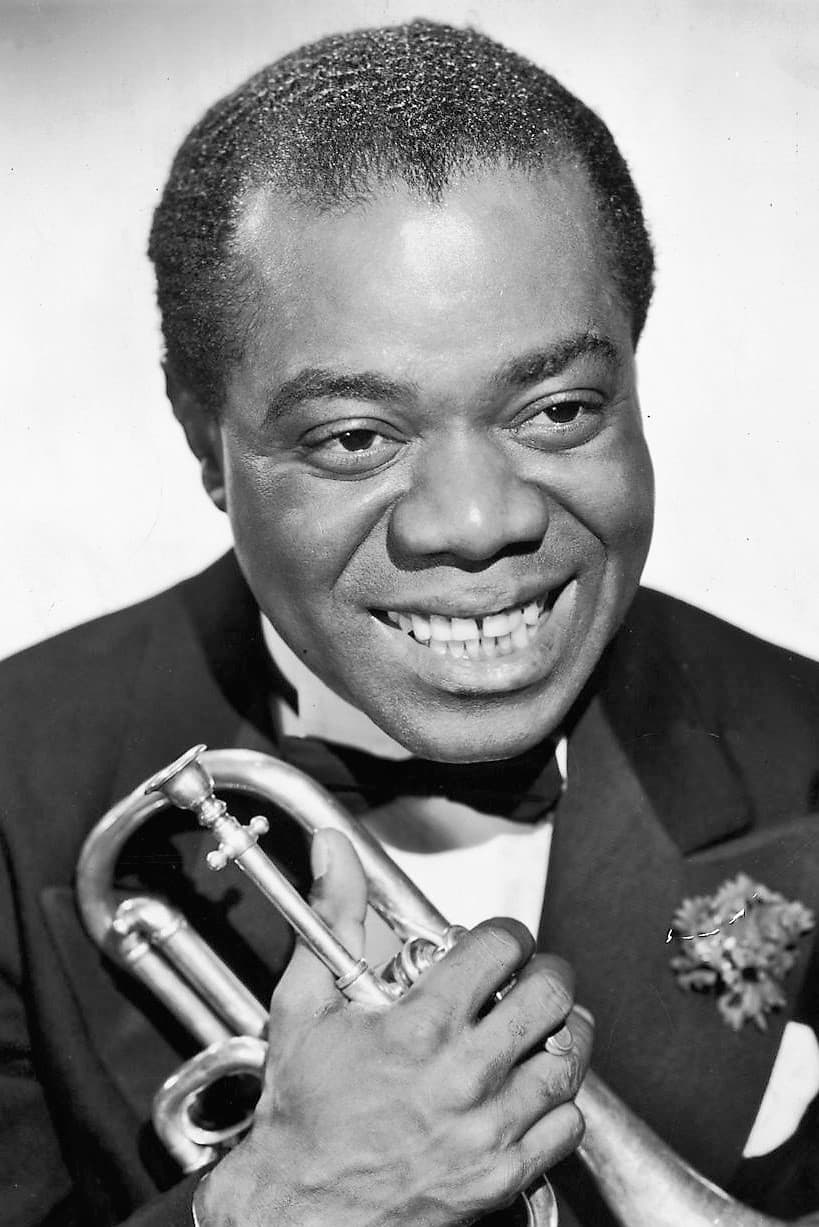Biography
Stanley Lawrence Crouch (December 14, 1945 – September 16, 2020) was an American poet, music and cultural critic, syndicated columnist, novelist, and biographer. He was known for his jazz criticism and his 2000 novel Don't the Moon Look Lonesome? Stanley Lawrence Crouch was born in Los Angeles, the son of James and Emma Bea (Ford) Crouch. He was raised by his mother. In Ken Burns' 2005 television documentary Unforgivable Blackness, Crouch said that his father was a "criminal" and that he once met the boxer Jack Johnson. As a child he was a voracious reader, having read the complete works of Ernest Hemingway, Mark Twain, F. Scott Fitzgerald, and many of the other classics of American literature by the time he finished high school. His mother told him of the experiences of her youth in east Texas and the black culture of the southern midwest, including the Kansas City jazz scene. He became an enthusiast for jazz in both the aesthetic and historical senses. He graduated from Thomas Jefferson High School in Los Angeles in 1963. After high school, he attended junior colleges and became active in the civil rights movement, working for the Student Nonviolent Co-ordinating Committee. He was also involved in artistic and educational projects centered on the African-American community of Los Angeles, soon gaining recognition for his poetry. In 1968, he became poet-in-residence at Pitzer College, then taught theatre and literature at Pomona College until 1975. The Watts riots were a pivotal event in his early development as a thinker on racial issues. A quote from the rioting, "Ain't no ambulances for no nigguhs tonight", was used as a title for a polemical speech that advocated black nationalist ideas, released as a recording in 1969; it was also used for a 1972 collection of his poems.
Crouch was then active as a jazz drummer. Together with David Murray, he formed the group Black Music Infinity. In 1975, he sought to further his endeavors with a move from California to New York City, where he shared a loft with Murray above an East Village club called the Tin Palace. He was a drummer for Murray and with other musicians of the underground New York loft jazz scene. While working as a drummer, Crouch conducted the booking for an avant-garde jazz series at the club, as well as organizing occasional concert events at the Ladies' Fort. By his own admission he was not a good drummer, saying "The problem was that I couldn't really play. Since I was doing this avant-garde stuff, I didn't have to be all that good, but I was a real knucklehead."Crouch befriended Ralph Ellison and Albert Murray, who influenced his thinking in a direction less centered on race. He stated with regard to Murray's influence, "I saw how important it is to free yourself from ideology. When you look at things solely in terms of race or class, you miss what is really going on." He made a final, public break with black nationalist ideology in 1979, in an exchange with Amiri Baraka in the Village Voice. He was also emerging as a public critic of recent cultural and artistic trends that he saw as empty, phony, or corrupt. His targets included the fusion and avant-garde movements in jazz (including his own participation in the latter) and literature that he saw as hiding their lack of merit behind racial posturing. As a writer for the Voice from 1980 to 1988, he was known for his blunt criticisms of his targets and tendency to excoriate their participants. It was during this period that he became a friend and intellectual mentor to Wynton Marsalis, and an advocate of the neotraditionalist movement that he saw as reviving the core values of jazz. In 1987, he became an artistic consultant for the Jazz at Lincoln Center program, joined by Marsalis, who later became artistic director, in 1991.
After his stint at the Voice, Crouch published Notes of a Hanging Judge: Essays and Reviews, 1979–1989, which was selected by The Encyclopædia Britannica Yearbook as the best book of essays published in 1990. That was followed by receipt of a Whiting Award in 1991, and a MacArthur Foundation "genius" grant and the Jean Stein Award from the American Academy of Arts and Letters in 1993.
Crouch continued to be an active author, producing works of fiction and nonfiction, articles for periodicals and newspaper columns. He was a columnist for the New York Daily News and a syndicated columnist. He also participated as a source in documentaries and as a guest in televised discussions. During the 2000s he was a featured commentator on Ken Burns' Jazz (2001) and Unforgivable Blackness (2005), on the life of the boxer Jack Johnson. He also published the novel Don't The Moon Look Lonesome? (2000), a collection of his reviews and writings on jazz, Considering Genius (2007), and a biography of the jazz musician Charlie Parker, Kansas City Lightning (2013). His posthumous collection "Victory Is Assured" (2022) was edited by Glenn Mott.
Crouch became less of a public figure due to declining health during his last decade. He died on September 16, 2020, at Calvary Hospital in New York City. The cause of death was a "long, unspecified illness," though he also struggled with a bout of COVID-19 in the spring. He was 74.
Crouch's personal and professional papers are held by the Schomburg Center for Research in Black Culture, New York Public Library.
Filmography
all 13
Movies 10
self 9
TV Shows 3
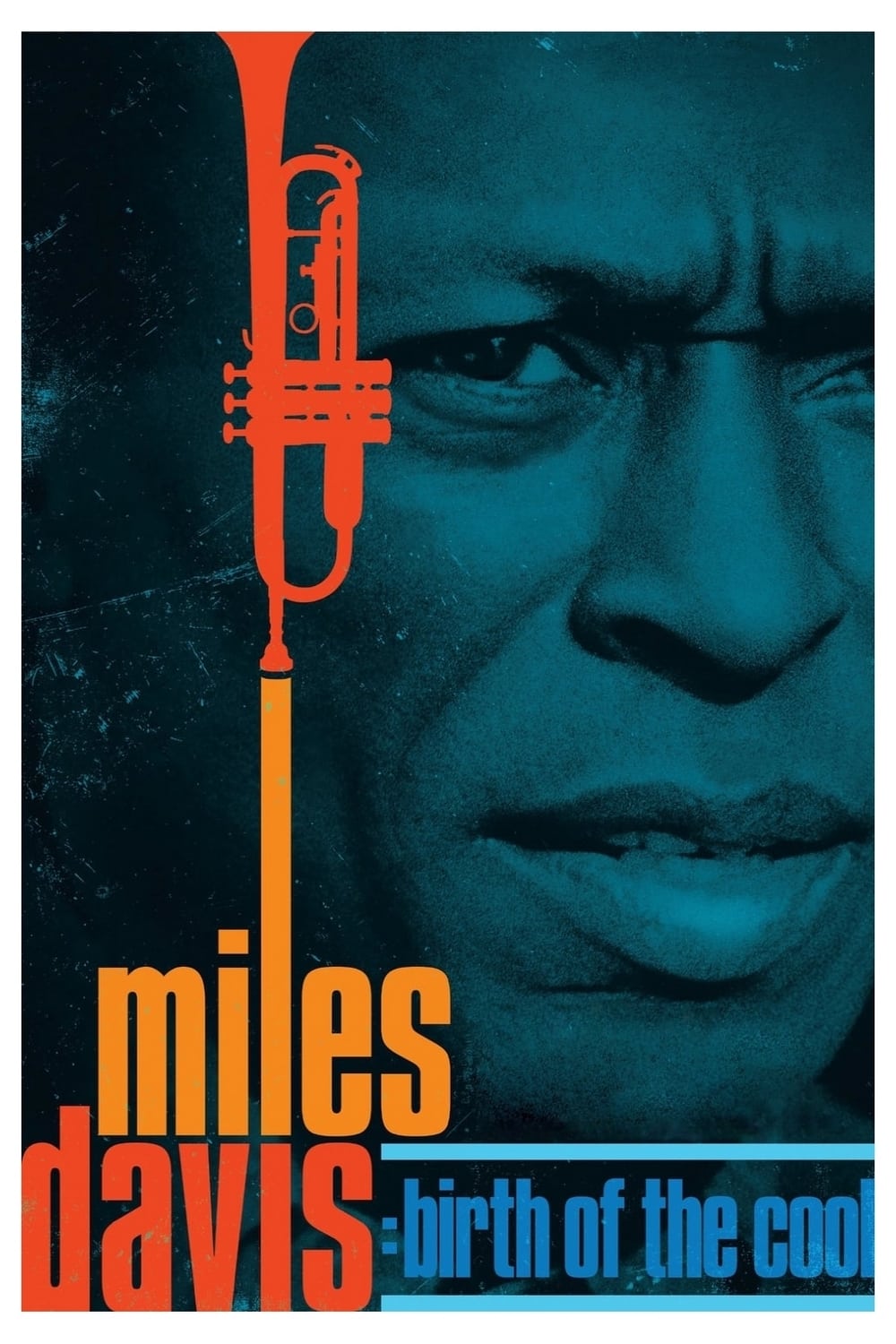
Miles Davis: Birth of the Cool (2019)
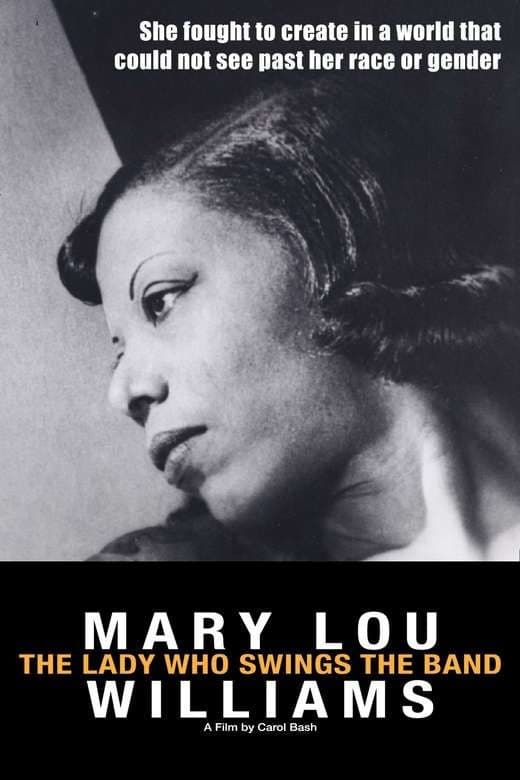
Mary Lou Williams: The Lady Who Swings the Band (2015)
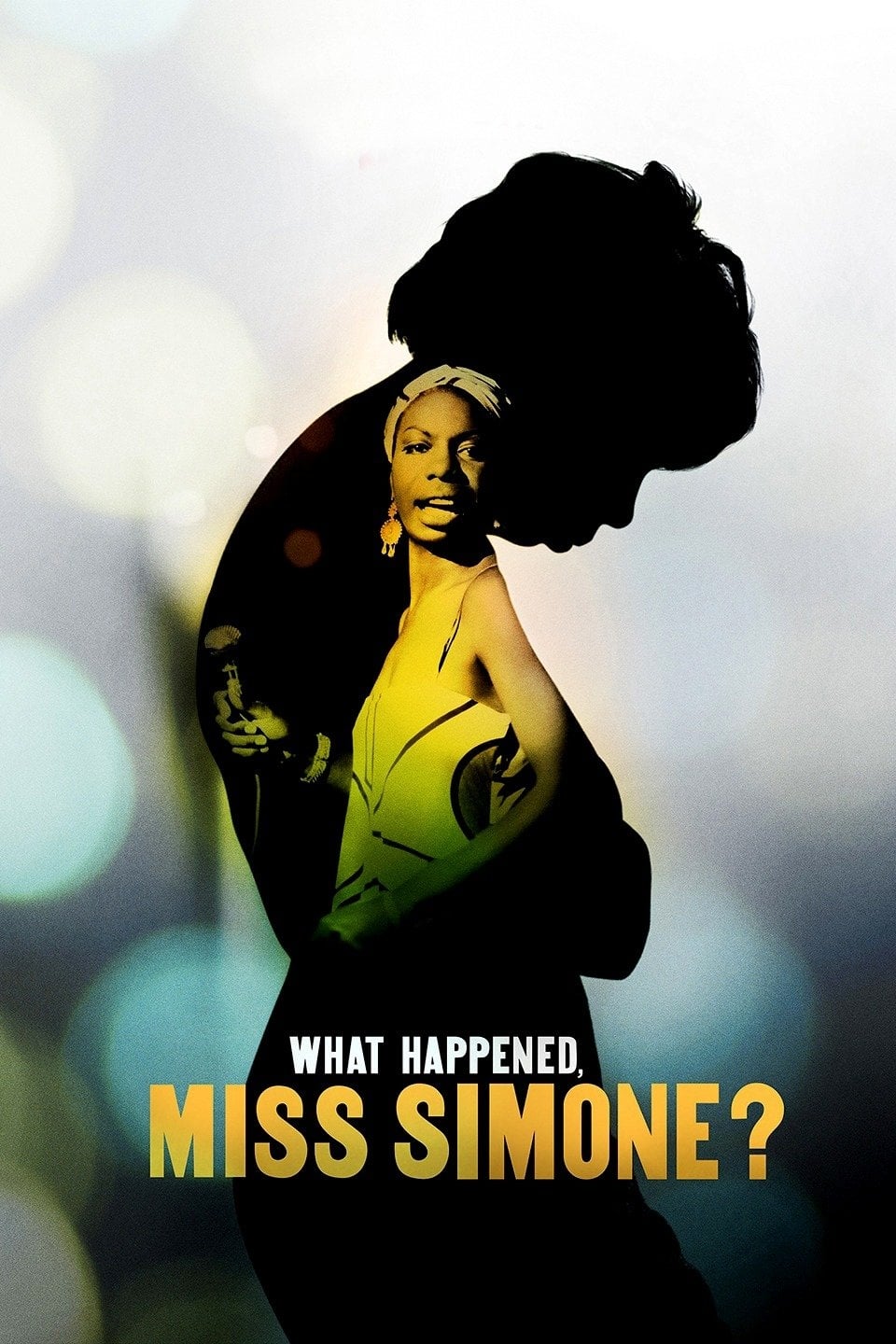
What Happened, Miss Simone? (2015)

Slang Hunters (2013)
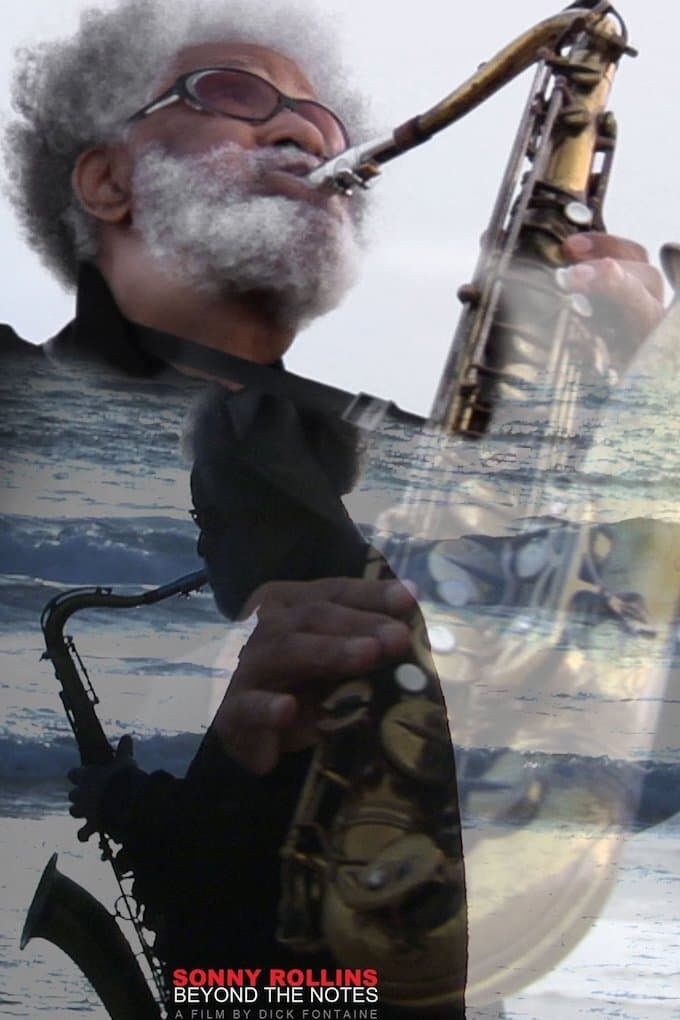
Sonny Rollins: Beyond the Notes (2012)
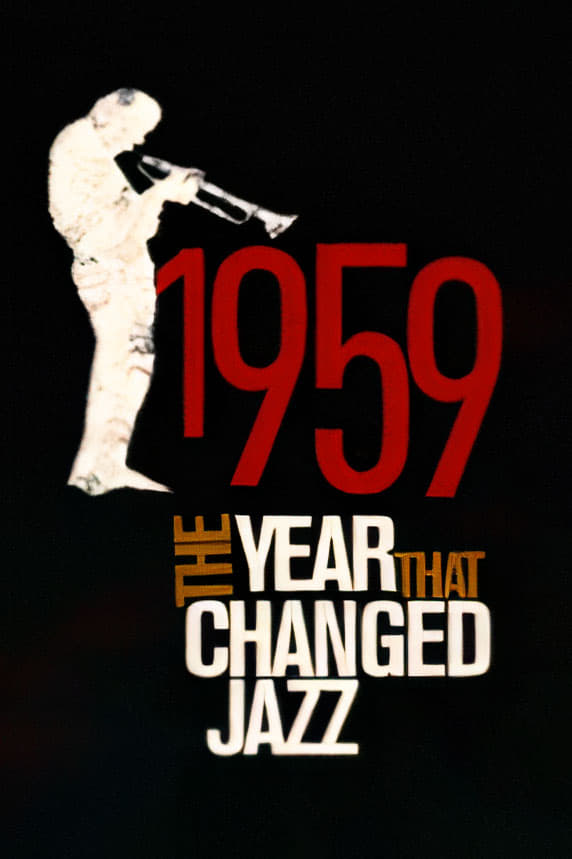
1959: The Year that Changed Jazz (2009)
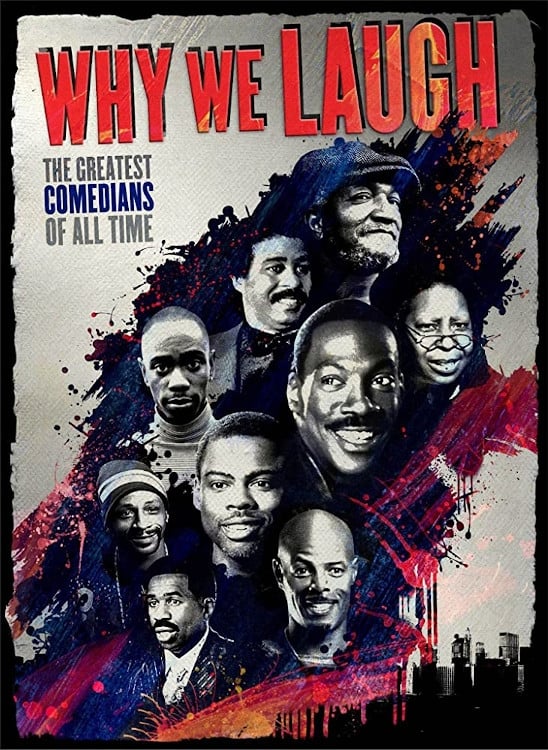
Why We Laugh: Black Comedians on Black Comedy (2009)
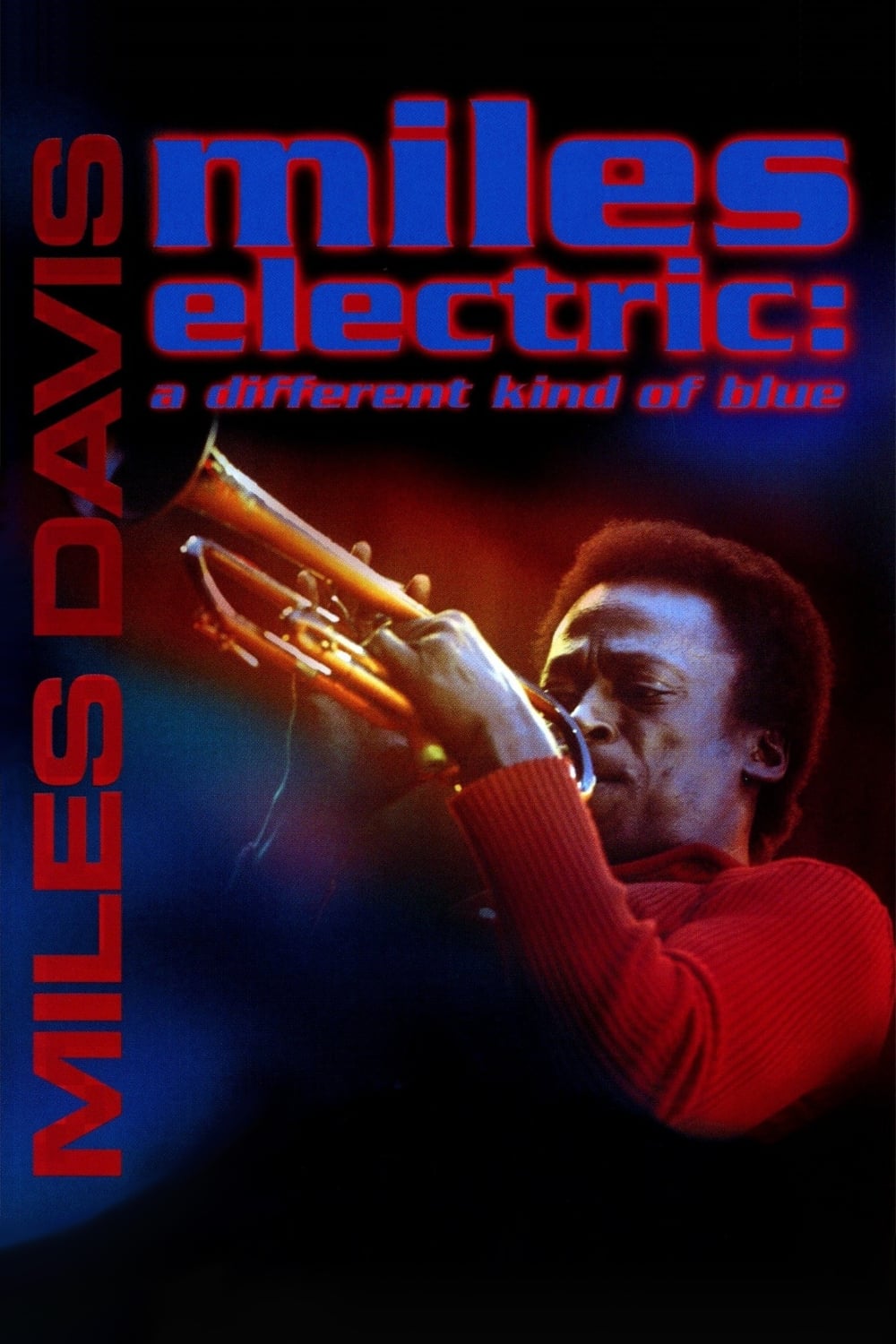
Miles Electric: A Different Kind of Blue (2004)
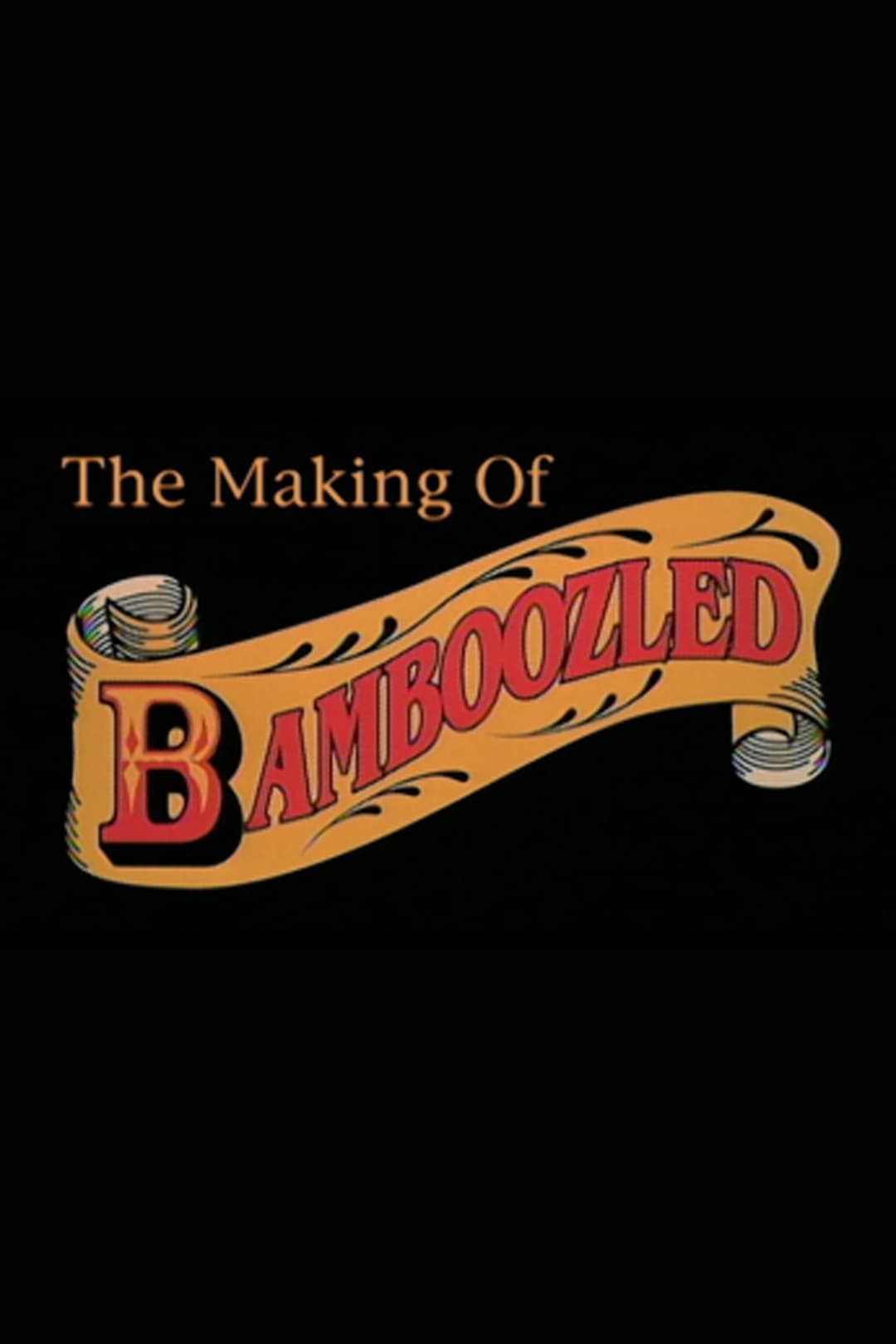
The Making of 'Bamboozled' (2001)
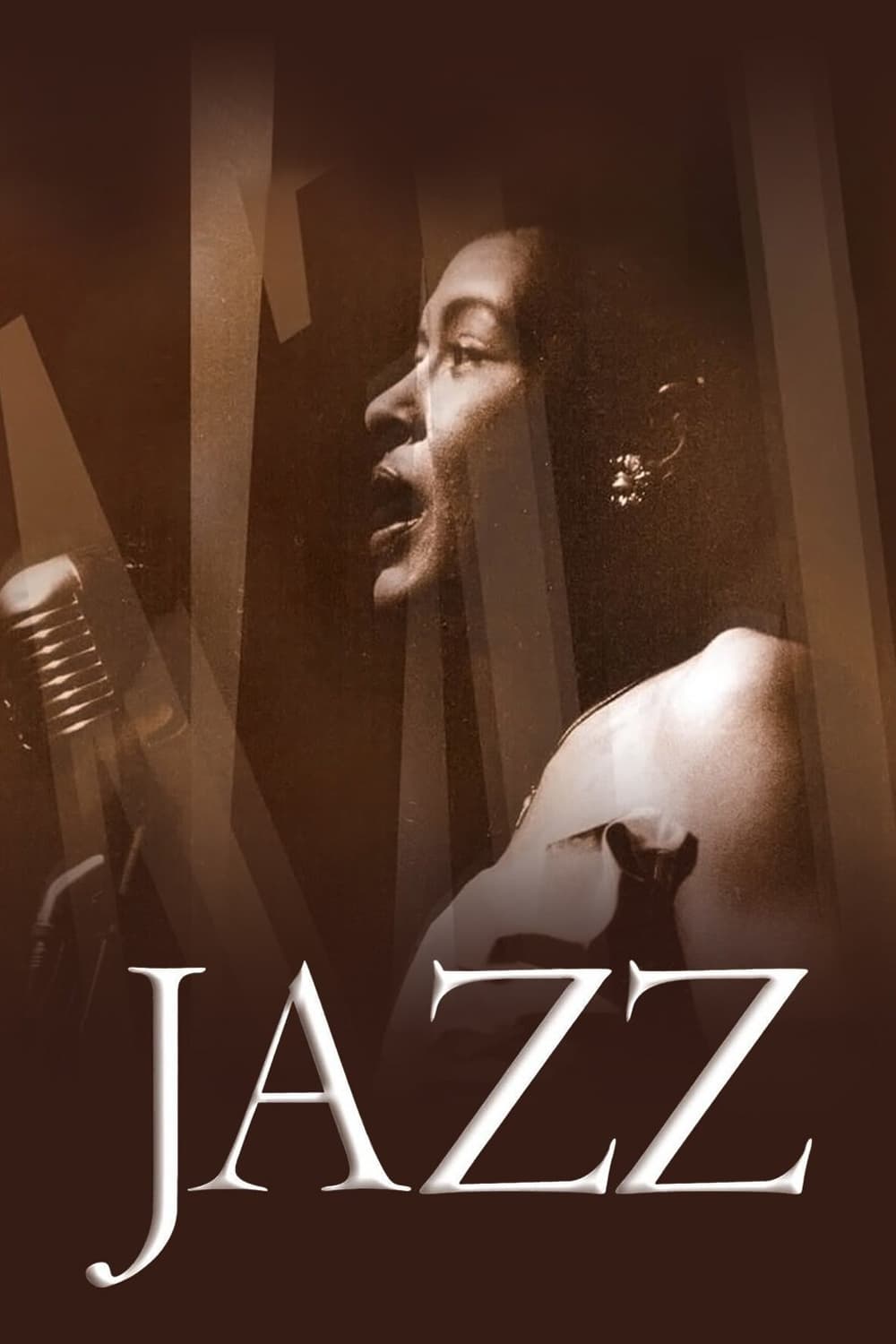
Jazz (2001)

Ali-Frazier I: One Nation... Divisible (2000)
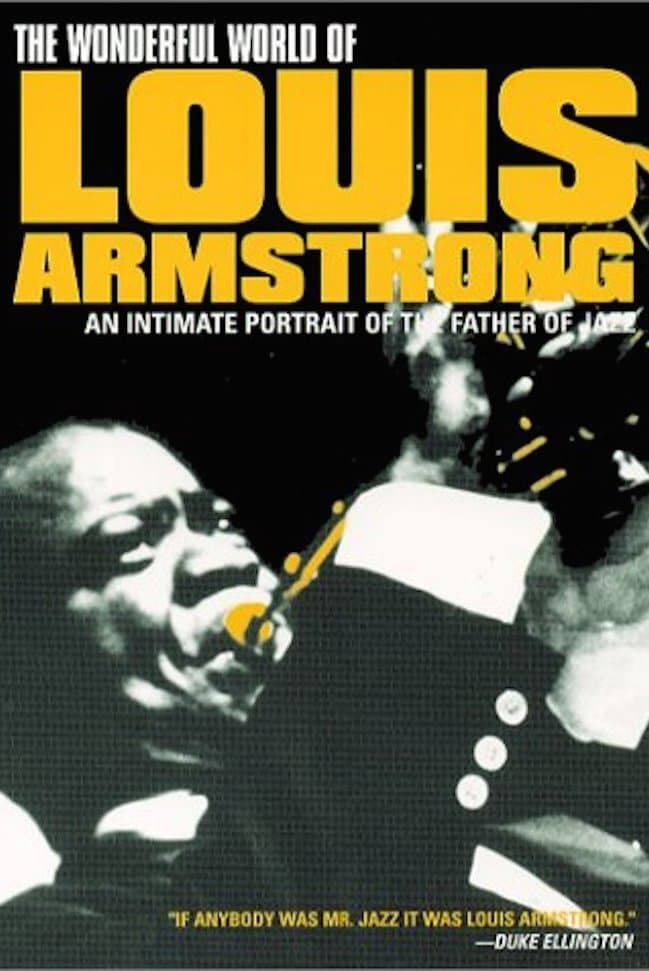
The Wonderful World of Louis Armstrong (1999)
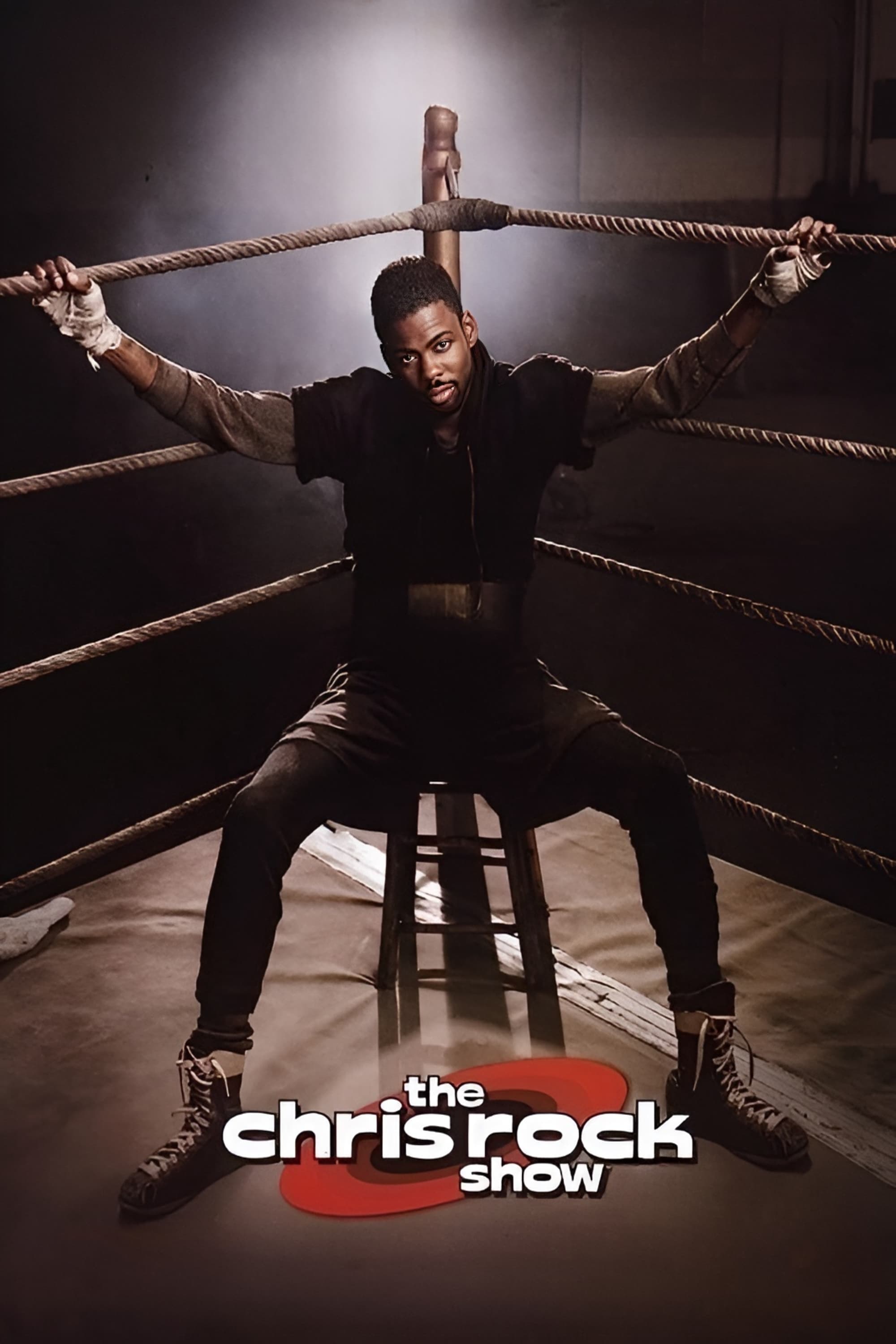
The Chris Rock Show (1997)
Ratings
Information
Known ForActing
GenderMale
Birthday1945-12-14
Deathday2020-09-16 (74 years old)
Birth PlaceLos Angeles, United States of America
CitizenshipsUnited States of America
AwardsMacArthur Fellows Program, Guggenheim Fellowship, NEA Jazz Masters, Whiting Award, Whiting Awards, Windham–Campbell Literature Prizes
This article uses material from Wikipedia.
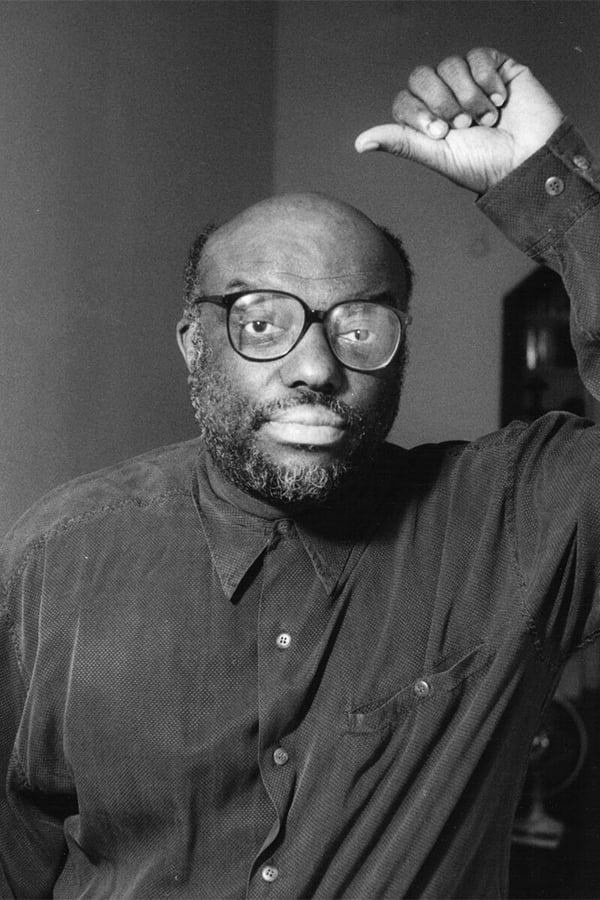 Stanley Crouch
Stanley Crouch- Filmography
- Information
- Related Persons
